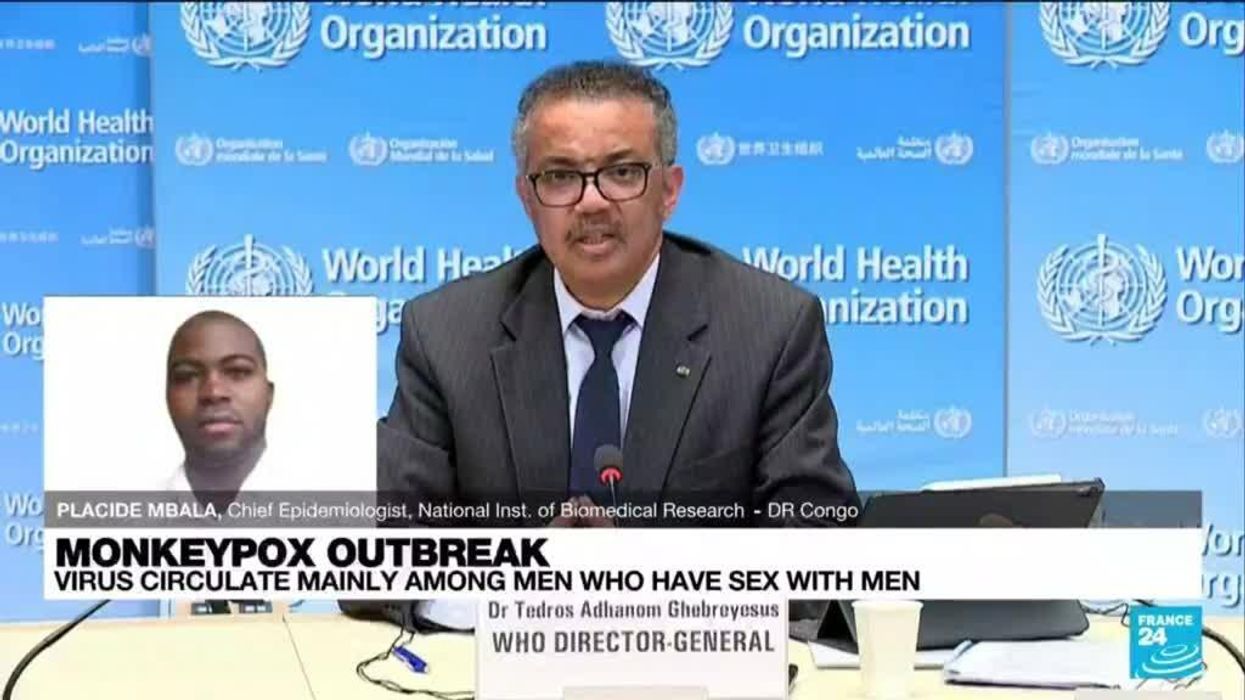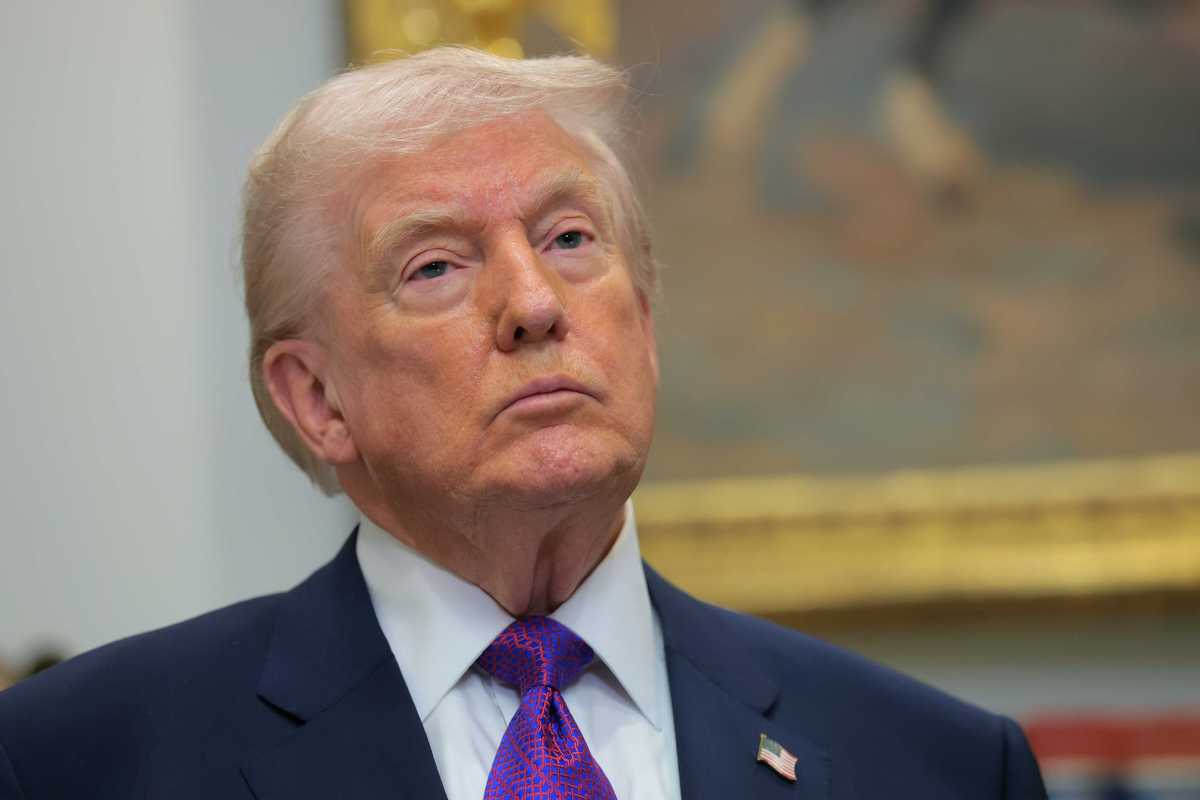The US Centers for Disease Control and Prevention, the UK’s National Health Service, and World Health Organization have provided recommendations for preventing the spread of the monkeypox virus.
Recently, an outbreak spread across the US, Australia, Europe, and the Middle East, which has been perplexing for health experts and is flagging concerns of a massive outbreak.
But before this current outbreak, cases had been linked to imported animals carrying the virus and traveling to regions where the virus is endemic.
According to CNBC, many of the new cases have emerged through sex, with a particular concentration among men who have sex with other men.
Still, the World Health Organization has cautioned that anyone could be at risk.
Sign up to our new free Indy100 weekly newsletter
Children, pregnant women, and the immunocompromised are also considered particularly at risk.
“Anyone who has close contact with someone who is infectious is at risk,” a May 25 release on the WHO’s website said.
The WHO also noted that it was unlikely that mass vaccinations would be required to combat the rise in cases.
However, given the pace of the outbreak and the lack of transparency around its cause, the public health organisatons urge people to practice good hygiene and safe sex to help prevent the spread.
Here are some other tips to prevent the spread according to the health organisations:
- Isolating at home and talking to a health worker if you have symptoms
- Avoid skin-to-skin or face-to-face contact, including sexual contact with anyone who has symptoms.
- Clean hands, objects, and surfaces that have been touched regularly by sick people or animals.
- Wear a mask if you are in close contact with someone with symptoms
- Prevent contact with six or dead animals that could be carrying the virus. This is mainly those with a history of infection, such as monkeys, rodents, and prairie dogs.
- Only consume meat that has been cooked properly.
Elsewhere, if you believe you may have contracted the virus, be sure to isolate yourself from physical contact with others and seek medical care as soon as possible.
The initial symptoms of monkeypox include fevers, headaches, muscle aches, swollen lymph nodes, and low energy.
Rashes and lesions can also occur, which can typically be found on the face, hands, feet, eyes, mouth or genitals within one to five days.
Monkeypox is a rare disease caused by the monkeypox virus. It is part of the same family as smallpox but usually less severe. Smallpox vaccinations have proven to be 85 per cent effective against monkeypox.
Have your say in our news democracy. Click the upvote icon at the top of the page to help raise this article through the indy100 rankings.














